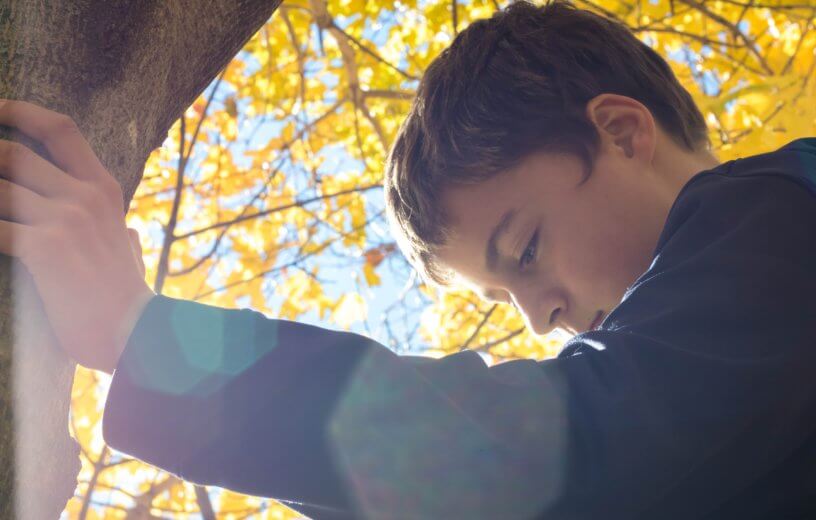ANN ARBOR, Mich. — In the throes of sibling rivalry, plenty of parents have dealt with the throws and blows from sparring children. And when a spat ends in tears, often times an exasperated mom or dad winds up demanding one child apologize to the other. That lesson-teaching attempt, however, may not be such a good idea, warns a new study: when adults force apologies out of children, they are actually making matters worse.
That’s because even young children can see right through a forced, fake, “I’m sorry,” and only find themselves even angrier with the apologizer. In other words, don’t underestimate a child’s ability to identify sincerity.
Researchers with the University of Michigan studied children’s responses to three types of peer apologies: unprompted, prompted but given willingly, and forced. Their findings suggest that adults need to pause for a moment — take a “timeout” of their own, they recommend — before jumping right in to intervene.
“Make sure the child understands why the other person feels bad, and make sure the child is really ready to say ‘I’m sorry.’ Then have them apologize,” says study author Craig Smith, research investigator at the university’s Center for Human Growth and Development, in a news release.
Smith and his team carried out two studies with 90 children ages 4 to 9. They wanted to know whether these participants could distinguish between sincere and forced apologies, and whether those that were prompted helped the situation or just added to the hurt.
In the first study, 40 children watched both spontaneous and prompted-but-willing apologies. In both cases, participants agreed that the guilty party seemed truly sorry, and that the apology made the victim feel better.
For the second experiment, two groups of 25 children — one comprised of 7- to 9-year-olds, the other with youngsters between ages 4 and 6 — responded to viewing a forced apology. Interestingly, the older group felt that the person apologizing did not seem to be sincere and that the victim probably did not feel better. They thought that when someone is forced to apologize, that person is “less nice” than someone who willingly opts to say sorry.
On the other hand, the younger group of kids were not quite as certain about whether the apology was natural or coerced. But they were pretty sure that the person on the receiving end of the forced apology felt worse than the person hearing a prompted-but-willing apology.
All of the children thought that the person being forced to apologize felt worse after saying, “I’m sorry.” The older children thought that the guilty party was probably feeling mostly self-pity, as opposed true sorrow for what was done or who was hurt.
Ultimately, children from both age groups believed that hearing a willing apology makes a victim feel better, but forced apologies makes victims feel worse.
“Coercing your child to apologize is going to backfire. Other kids don’t view that apologizer as likable,” concludes Smith. “The teachable element of having the child apologize has gone away and the goal of the apology prompt–to help your child express remorse, soothe someone else’s hurt feelings and make your child more likable–is lost.”
What’s a parent to do? How do adults help kids learn true empathy?
“When your child is calm, help them see how the other person is feeling, and why,” says Smith . “An apology is one way to do it, but there are lots of ways. Research shows that even preschoolers value it when a wrongdoer makes amends with action. Sometimes this is more powerful than words.”
The study appears online in the November edition of Merrill-Palmer Quarterly.
